4 Ways Democrats Have Lost Badly Since Barack Obama's Election
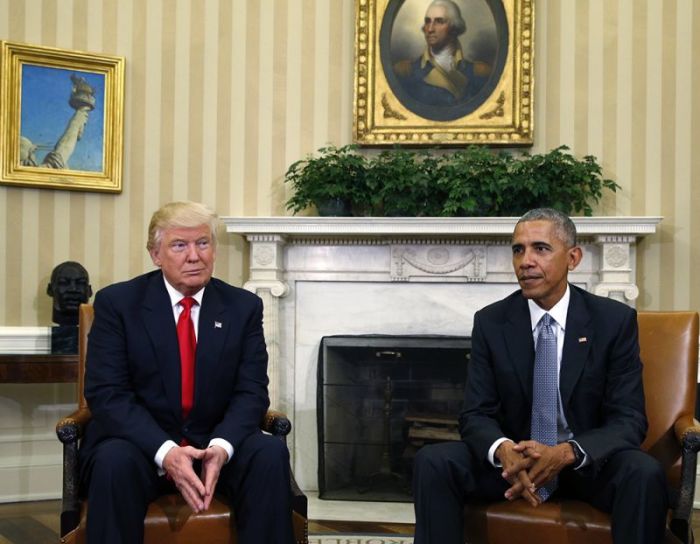
When Republican Party nominee Donald Trump defeated Democratic Party opponent Hillary Clinton in a surprise victory, it was not the only major defeat the Democrats have experienced since the election of President Barack Obama.
Over the past eight years, especially during times when President Obama was not on the ballot, Democrats have seen major electoral setbacks at both the state and federal level.
Sean Trende and David Byler calculated that the Republican Party is now in the strongest position it has been in 80 years.
"Obama and the political structure of America have been left standing — but nearly 1,000 Democratic officeholders have been defeated," noted one New York Post columnist the week before the election.
"Democrats hope a good showing on Tuesday will win back five Senate seats and maybe 15 House seats, but relative to their party's losses since 2009, that's like a bandage on an amputation."
Below, in no particular order, are four areas where the Democratic Party has suffered setbacks since the election of Obama.
1. Congress
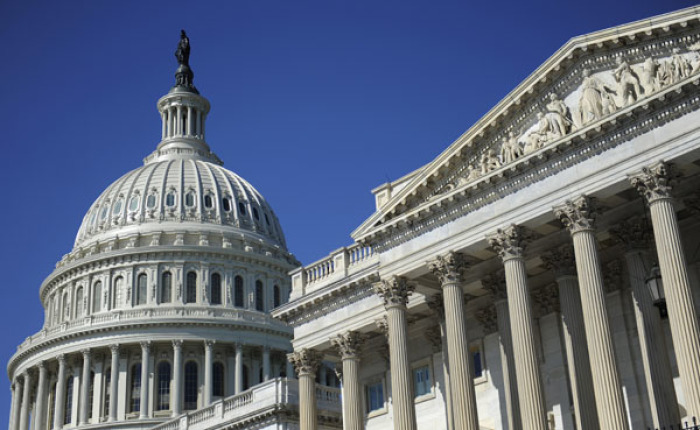
In 2009, Democrats controlled both houses of Congress. For the 111th Congress, which went from 2009 to 2011, the Democrats had 257 members in the House of Representatives and 57 members in the Senate.
By the 2016 election, the Democrats had their numbers in the House reduced to 188 members, with them picking up five seats to bump up to 193 by next year.
And while the 2016 election saw Democrats get 2 extra seats in the Senate, at a total of 48, it still leaves them without the majority they once had.
2. Governors
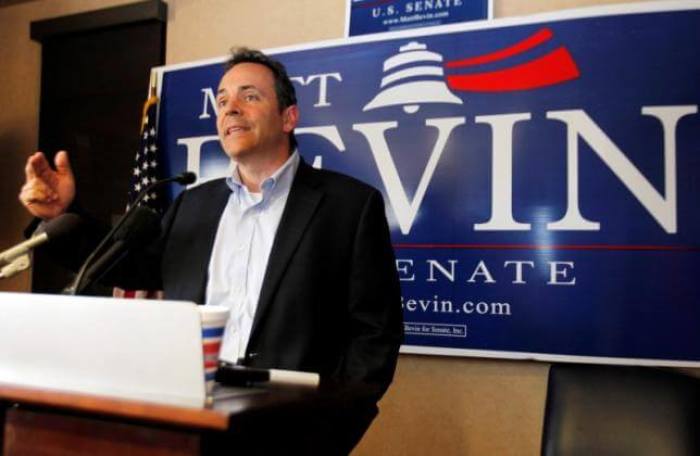
Democrats have 10 fewer governorships in 2016 than they did in 2008, reducing their total number of state executives from 28 to 18.
A couple of instances they lost a governor's mansion only to gain it back later. This was the case for Virginia, they lost the governorship in 2009 when Republican Bob McDonnell won only to reclaim it in 2012 when Democrat Terry McAuliffe was elected.
In a Politico story published in February of 2015, Democratic governors attributed the losses experienced in 2014 specifically to a few factors, including "bad luck, bad timing and an unpopular president."
"Republicans now control 31 governor's mansions, their highest total since 1999 and three shy of their high-water mark since the turn of the 20th Century," reported Politico last year.
"There are only 18 Democratic governors left across the nation, and the survivors have some theories about why Democrats have been swept out of statehouses all over the country in recent years. But none of them are about the substance of the party's policies."
3. State Legislatures
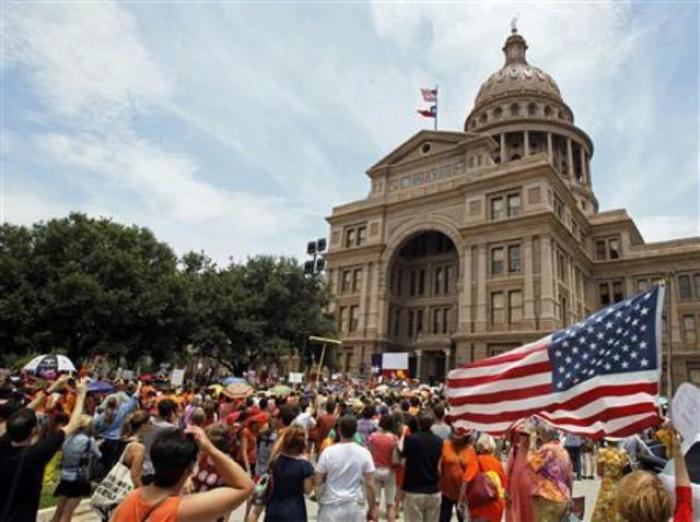
In 2008, Democrats controlled both chambers of 27 state legislatures and had split control over 8 other state legislatures, while Republicans controlled both chambers of 14 state legislatures.
By 2015, the number of Democratically-controlled state legislators had plummeted to 11 while the Republicans' number increased to 30 state legislatures.
Nebraska, the only state with a one-house legislature, has as of November 2016 a Republican majority, with the GOP holding 35 seats versus 12 seats for Democrats and 2 seats for other political designations.
In a 2015 piece, the Pew Research Center's "Fact Tank" blog noted that Republican gains in 2010 were not excluded to Congress.
"The Republicans' big 2010 gains weren't just in Congress: They picked up nearly 700 legislative seats and won full control of 25 state legislatures (up from 14), putting them in a strong position to influence post-census redistricting," noted Pew.
"Although they weren't able to retake the White House in 2012, the party extended and solidified its congressional and legislative gains in the 2014 midterm elections."
4. State Trifecta Control
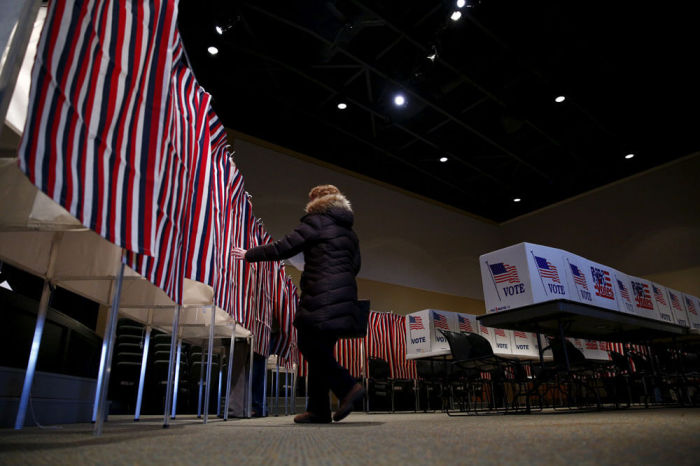
A state trifecta control is when one political party holds majorities in both chambers of a state legislator and the governorship.
According to the National Conference of State Legislatures, in early 2009 Democrats had 17 state trifectas while Republicans had nine.
However, by 2016 the number of state trifectas the Democrats held was reduced to six: California, Delaware, Hawaii, Oregon, Rhode Island, and Washington State. Republicans now have 24, plus Nebraska's unicameral legislature and governorship, with North Carolina still undecided.
In the 2016 election, Republicans were able to add four more state governments — Iowa, Kentucky, Missouri, and New Hampshire — to their list of state trifectas.
"While Democrats picked up a trifecta in one state, they lost trifectas in two others," reported the New York Times last week.
"The losses are a harsh rebuke to President Obama's call in October for Democrats to make gains in state legislatures when it appeared that Donald J. Trump's campaign was stumbling."




























